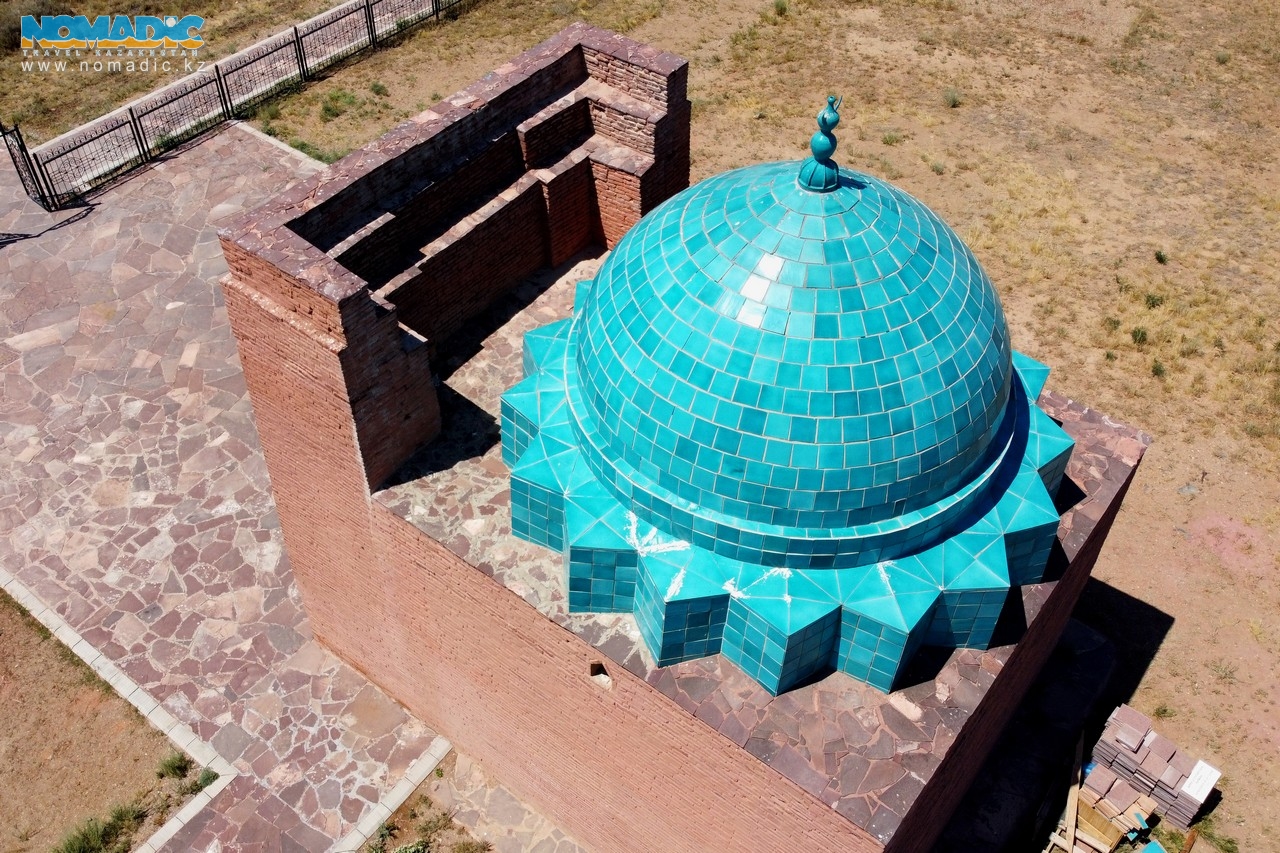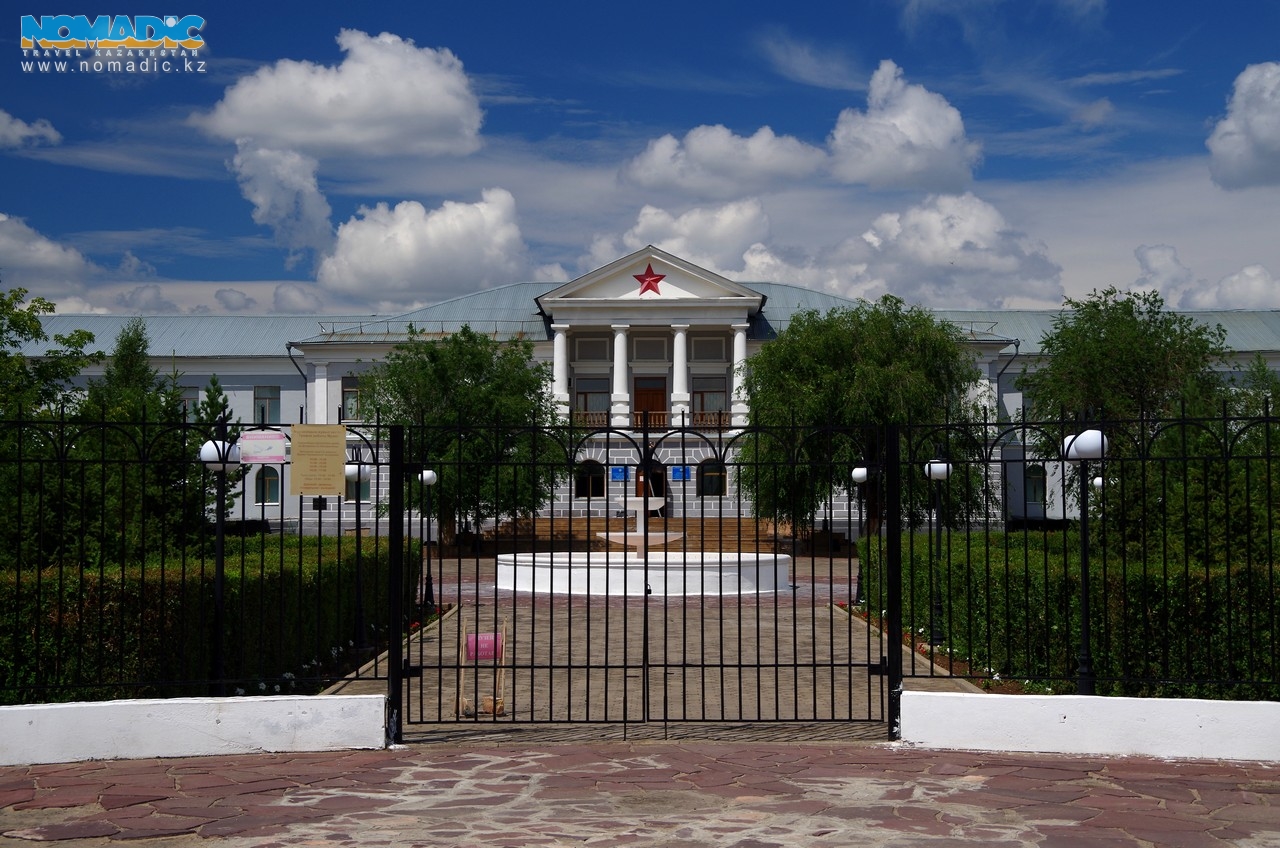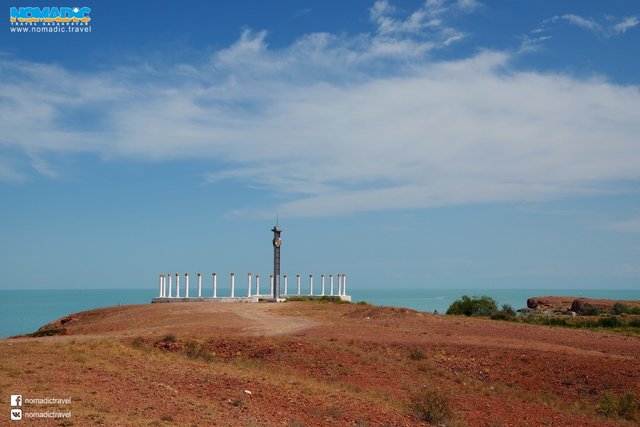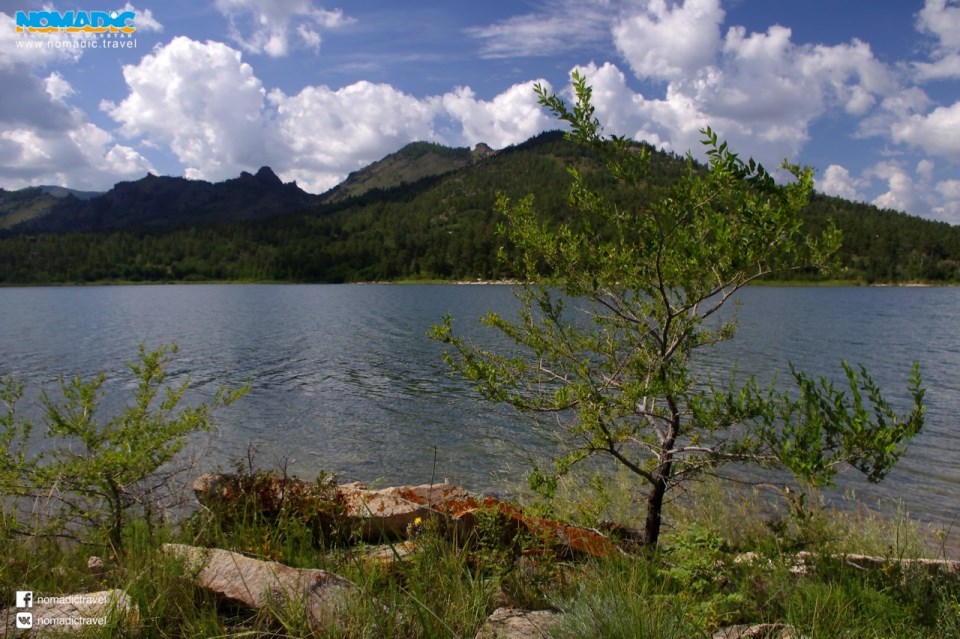“Karlag” (i.e. Karaganda Corrective Labor Camp of The People’s Commissariat of Internal Affairs – the NKVD) was one of the hundred camps that bore the collective name of GULAG (i.e. Central Administrative Board of Camps) and were organized by Josef Stalin in the period of mass political repressions. Aside from «Karlag”, there were also other camps on the territory of Kazakhstan with the help of which the Soviet totalitarian system was destroying the lives of people. However, «Karlag” stands out among them for its particular dimensions and significance.
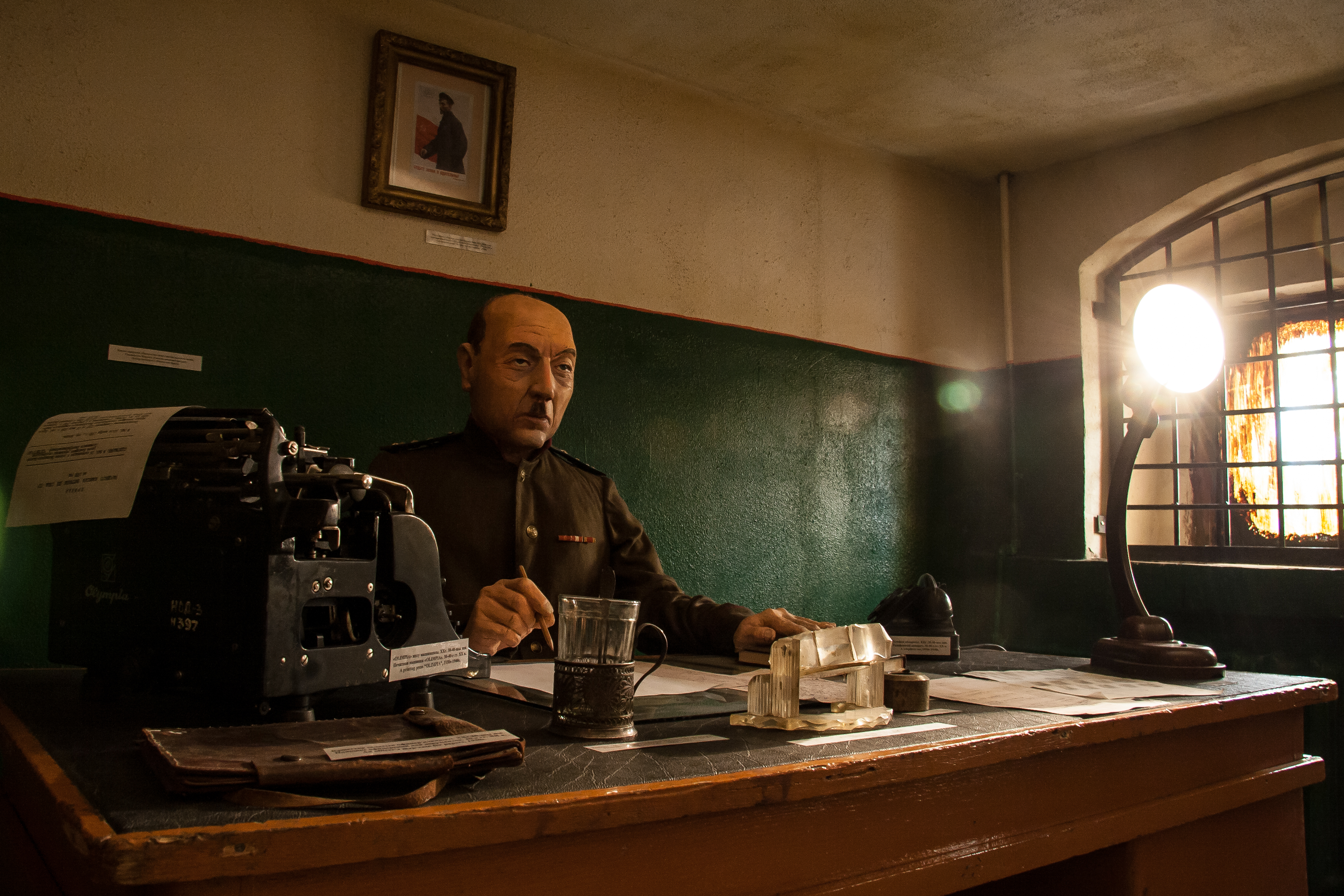
The administrative center of «Karlag» was situated in Dolinka settlement (50 km to the southwest from today’s Karaganda). The whole camp system took an enormous territory (300 km from the north to the south and 200 km from the east to the west) and had numerous departments on the territory of Central Kazakhstan. The administration in Dolinka was also responsible for the control over slave labor of the political prisoners working on the provision of the rapidly developing coal and metallurgy industry. Besides that the prisoners worked on agriculture and cattle breeding, building the industrial giants and on mineral exploration.

When in Dolinka, you can visit “The Memory Museum of Victims of Political Repressions”, located in the building of the former administrative center of «Karlag». This is a magnificent construction with columns, built in a soviet neoclassicism style, also known as “Stalin’s empire style”. You also can visit “The House of Officers” that used to be a cultural center for the local military men, “The House of Technics” where exhibitions of achievements of the national economy were held, the Maternity Hospital and “Mamochkino” Children Cemetery where were buried the remains of thousands of children. Here you can find the chapel and numerous ruins of buildings made of adobe built many years ago by the force of prisoners. Every now and then you can see the rusty barbed wire, which only intensifies the gloomy atmosphere of this place.

Spassk Memorial is situated in 30 km to the south of Karaganda. In the nearby village called Spassk were kept the foreign prisoners of war after the end of World War II. Different countries, whose citizens were the prisoners in Karaganda camps had put their memorable sights not far from the village. Among them are Russia, Germany, Poland, Ukraine, Hungary, Italy, Romania, France, Finland, Lithuania, Philippines, and Japan. According to historians’ estimations, the remains of 5152 prisoners of different ethnicity were buried in this cemetery.
Duration of excursion to Dolinka is 5 hours, including visit to Spassk – 8 hours
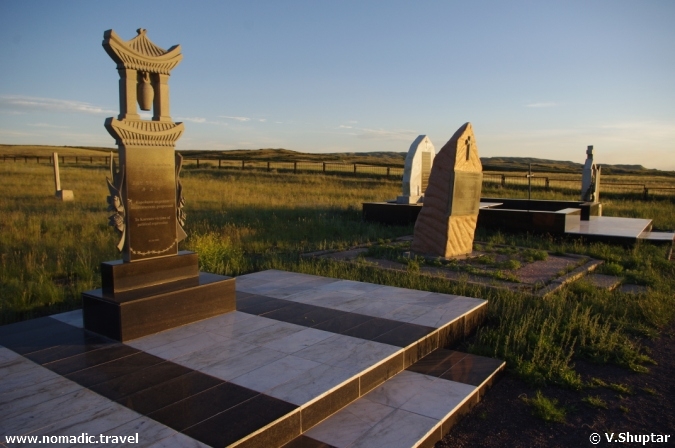
Cost per person
|
Group size |
1 |
2 |
3 |
4 |
5 |
| Price, KZT |
106 436 |
55 318 |
38 279 |
29 759 |
24 647 |
We also offer a shorter version of this tour that does not include the visiting of Spassk Memorial.
|
Group size |
1 |
2 |
3 |
4 |
5 |
| Price, KZT |
84 703 |
44 451 |
31 034 |
24 326 |
20 301 |
The above-mentioned prices include: transfers Karaganda – Dolinka – Karaganda – Spassk – Karaganda by minibus, services of a driver and an English- speaking guide, visits to the museum and facilities of the former camp system.
The above-mentioned prices do not include: meals, visa expenses and consular fees, insurance, the price of getting to the starting point of the route and way back.

DISCLAIMER
The program of the tour might be changed due to the force majeure circumstances, including (but not limited to):
– official prohibitions on visiting specially protected areas (national parks, reserves, sanctuaries, etc.) due to epizootics or epidemics, fire-setting and other reasons;
– official prohibitions on visiting sites, located in the territory of the former Semipalatinsk nuclear test site and Kurchatov town, Saryshagan test site, Baikonur city and Cosmodrome site, and other areas with limited access;
– cancellation/postponement of plane, train and other transfers;
– extreme weather conditions (steppe fire, snowstorms, lasting rainstorms, etc.) and its consequences (washed out roads, snow drifts, damaged bridges, etc.);
– traffic restrictions (closures);
– other natural and administrative circumstances beyond the control of the company “Nomadic Travel Kazakhstan”.

